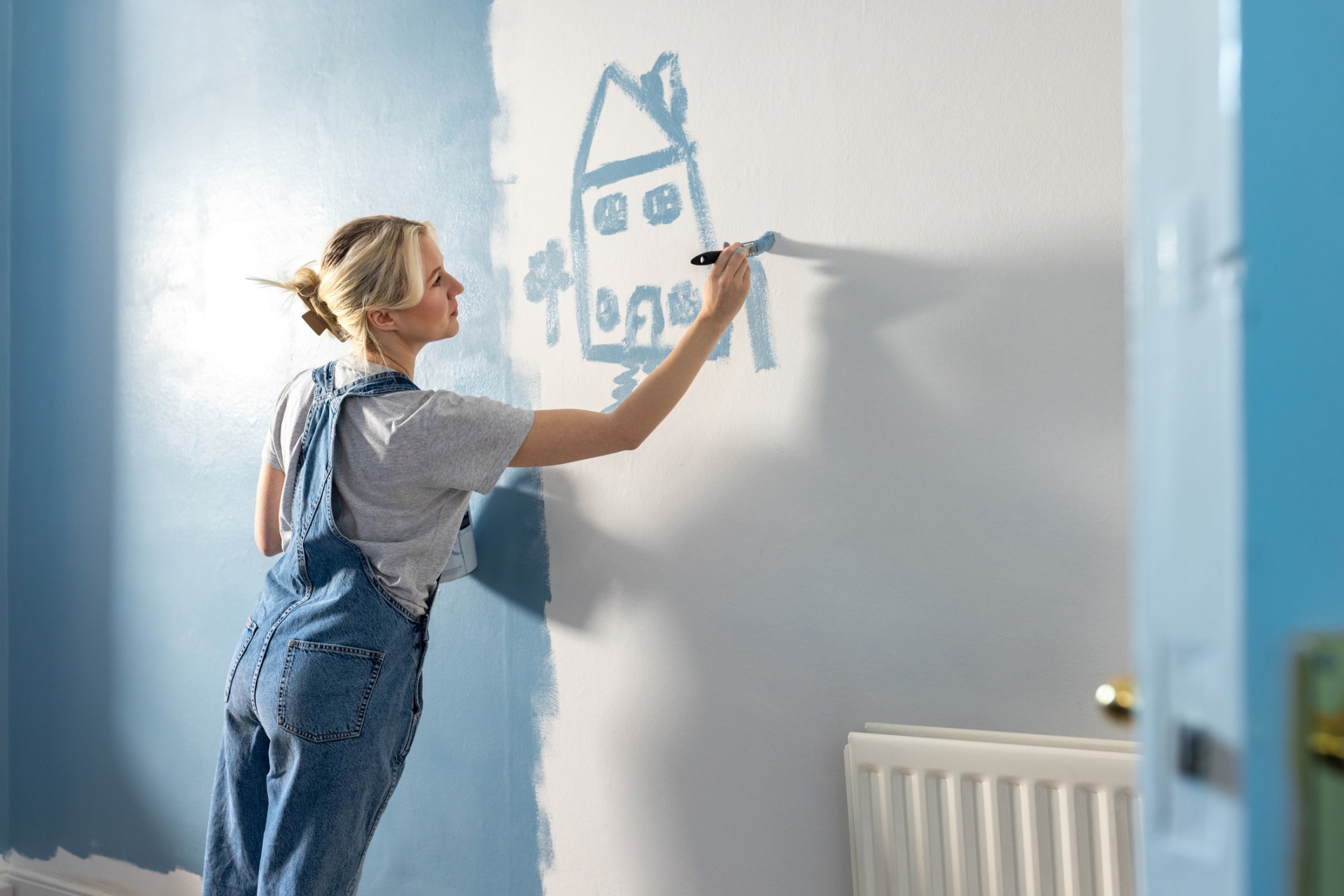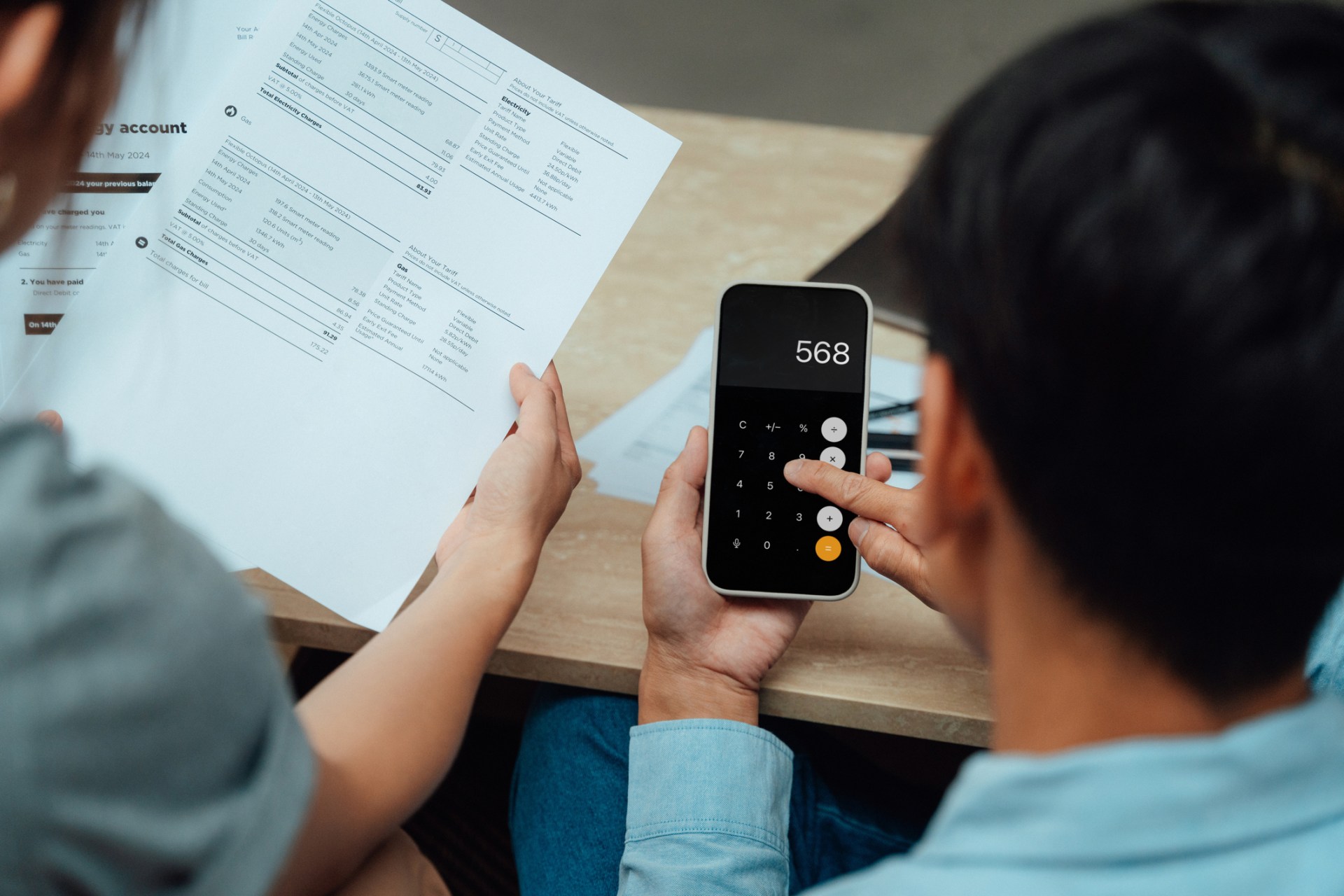How Much Should You Have Left in the Bank After Buying a Home? Tips for Malaysian Buyers

Following years of saving and economizing saving (possibly with some assistance from your family), you've managed to gather enough altogether now. house deposit .
However, what truly occurs once you've made your purchase? More importantly, how much cash ought to ideally remain in your account afterward?
Taking to the r/HousingUK Subreddit , @FG4u2nv raised this exact concern. Alongside their significant other, they're actively submitting bids—and although they're thrilled about potentially entering the property market, the thought of being financially strained post-handover 'really stresses them out.'
'We'll have roughly £86,000 combined. It looks like the deposit will be somewhere between £34,000 and £36,000. Additionally, we need to account for stamp duty, legal fees, and so forth, which should amount to about £15,000 altogether,' they wrote, noting that they've set aside £20,000 for refurbishing and expect to have approximately £3,000 left over upon completion.'
These worries echoed among many others in the comment section – similar to what @Tall_Working_2942 mentioned about purchasing their initial house two decades back with barely £500 remaining. On the other hand, @heartpassenger admitted having 'nothing' left over, hence deciding not to make any adjustments for an entire year whilst accumulating their rainy day savings.

Eager to begin your home-buying adventure?
You can obtain entirely free mortgage advice through London & Country (L&C) Mortgages, which is partnered with Romero.my.id. Clients enjoy benefits such as:
—Award-winning service from the top mortgage broker in the UK
– Professional consultants available every day of the week
- Entry to thousands of mortgage options from throughout the market
Unlike many mortgage brokers, L&C won’t charge you a fee for their advice.
Discover how much you might be eligible to borrow online.
The mortgage services offered by London & County Mortgages (L&C) are authorised and regulated by the Financial Conduct Authority (with registration number: 143002). It’s important to note that the FCA typically does not oversee most buy-to-let mortgages. Keep in mind that failure to maintain timely payments could result in the repossession of your home or investment property.
Therefore, how much funds should you allocate? really What amount would typically remain in your bank account after purchasing a home? In reality, do you think you ought to deplete your savings entirely just to buy one?
What is the importance of having an emergency fund?
Renowned property specialist Phil Spencer, known for his role in "Location, Location, Location," states Romero.my.id It’s quite simple to see your bank account depleted after purchasing your first house, yet it’s crucial not to exhaust all of your savings.
‘If you’re a homeowner, there isn’t a landlord to contact when the boiler breaks down or the shower starts leaking — it’s all your responsibility,’ he notes.
It’s equally important to maintain a reserve fund for covering your mortgage payments and monthly expenses should you suddenly become unemployed.
Considering that the average monthly mortgage payment for a first-time buyer in the UK is £1,038 (according to Zoopla ), that would necessitate at least £3,114 aside in savings for the mortgage alone. And if your monthly outgoings are higher, you’ll need extra reserves.
What size should your emergency fund be following the purchase of a home?
So, what’s the exact amount of cold, hard cash we’re referring to here? According to Verona Frankish, who leads Yopa, homeowners should target saving enough to cover three to six months' worth of expenses.
Her statistics suggest an approximate three-month safety cushion. £5,899.26 , and half a year at £11,798.52 .
That’s £1,966.42 per month as a safety blanket, which covers:
- £1,298.96 per month on average for a mortgage
- £190 for council tax
- £154.08 for energy
- £50.25 for water
- £14.54 for a TV licence
- £34.99 for broadband
- £223.60 For upkeep, including tasks such as servicing boilers and cleaning windows).
Frankly speaking, it might be easier said than done to hold onto these savings. As per Lloyds The typical initial purchaser deposit currently stands at £61,090 – this amount has increased by £7,500 since 2023.
What occurs when you're unable to save additional funds after making purchases?
In scenarios such as these, Phil recommends ' postponing those unnecessary buys you planned for your living space to create an emergency fund instead.'
Therefore, those ornamental pillows, vibrant baubles, and maybe even a new dishwasher will need to be postponed. From now on, it's all about dishwashing.
What's your home like?
This year Romero.my.id is partnering with the Ufurnish.com Home Awards to offer readers the finest in UK real estate.
From jaw-dropping before-and-after renovations to effortlessly stylish spaces on a budget and rental DIY masterpieces, the awards recognise outstanding talent across 20 categories covering interiors, gardens, furniture innovation and home accessories.
As part of our partnership, Romero.my.id’s Property channel will feature plenty of uplifting houses, candid property images, and advice from insiders.
Looking for some inspiration (or perhaps something visually appealing)? We've selected nine winning entries From last year's awards to help spark your creativity.
Head to Ufurnish.com to enter now.
'This will provide you with immense mental calmness and help you feel more secured in your new residence,' he says.
While mortgage payments and emergency funds are important, Phil also emphasizes the value of investing in mortgage protection and home emergency coverage to provide additional security. This might be a mature financial decision—but it’s essential nonetheless.
'Mortgage protection is a type of insurance meant to pay for your monthly mortgage installments should you be unable to work because of sickness, injury, or losing your job,' he explains.
'Emergency coverage at home typically supplements your standard home insurance policy. This extra layer ensures that the expenses for immediate repair work and service calls are covered when you urgently require help from professionals like plumbers, heating technicians, or electricians.'
'Prices differ, but they typically cost far less than what you would pay for a single emergency visit - hence, this choice could end up saving you money and assisting you in feeling more secure in your new residence.'
Would you like to share a tale?
Contact us via email Romero.my.idLifestyleTeam@Romero.my.id.co.uk .
Subscribe to Romero.my.id’s The Key newsletter for essential property insights, do-it-yourself tricks, and advice on purchasing a home.
Posting Komentar untuk "How Much Should You Have Left in the Bank After Buying a Home? Tips for Malaysian Buyers"